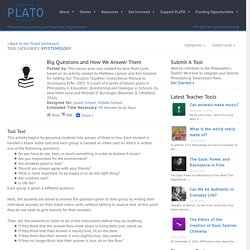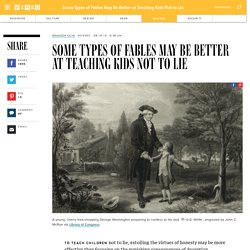

Deb Roy: The Birth Of A Word. In this special year-end collaboration, TED and The Huffington Post are excited to count down 18 great ideas of 2011, featuring the full TEDTalk with original blog posts that we think will shape 2012.

Watch, engage and share these groundbreaking ideas as they are unveiled one-by-one, including never-seen-before TEDTalk premieres. Standby, the countdown is underway! Watch MIT's Cognitive Machine group director Deb Roy's TEDTalk above and then explore his thoughts in this companion essay. Since my TED Talk in February I've had dozens of opportunities to present the story of how my son learned his first words. The story, of course, has a twist: it's based on a unique home video collection that my wife and I (as speech and cognitive scientists, respectively) decided to create to study his language development in the natural setting of our home.
People's response tends to follow a common path. Some applications of social TV analysis technology are obvious. PLATO - Philosophy Learning and Teaching Organization. Tool Text This activity begins by grouping students into groups of three or four.

Each student is handed a blank index card and each group is handed an index card on which is written one of the following questions: Do you have to see, hear, or touch something in order to believe it exists? Are you responsible for the environment? Are mistakes good or bad? Each group is given a different question. Next, the students are asked to answer the question given to their group by writing their individual answers on their blank index cards, without talking to anyone else.
Then, tell the students to listen to all of the instructions before they do anything. If they think that the answer they wrote down is completely true, stand up.If they think that their answer is mostly true, sit on the desk.If they think that their answer is only slightly true, stay seated.If they no longer think that their answer is true, sit on the floor Then ask all the students to sit back down with their groups.
Conclusion. Free Gifted Resources and Curriculum. The Best Gifted Resources and Curriculum We’ve Found: Mostly Free! Free Gifted Education Resources: Teaching Philosophy to Children: Lesson plans for all ages from the University of Washington Center for Philosophy for Children. The Marshmallow Challenge: Fun creative team building exercise for students. Myths and Legends: This is a really cool site where kids can create myths and legends, cartoon style. Good graphics and easy to use. TED: Riveting talks by remarkable people, free to the world: From the podcast publisher: “Each year, TED hosts 80 of the world’s most fascinating people: Trusted voices and convention-breaking mavericks, icons and geniuses.
The Secret to Creativity. Some Types of Fables May Be Better at Teaching Kids Not to Lie. To teach children not to lie, extolling the virtues of honesty may be more effective than focusing on the punishing consequences of deception.

After listening to how a young George Washington admitted to chopping down a cherry tree—“I cannot tell a lie,” he famously said—children were significantly less likely to lie about their own dishonesty than if they heard “The Boy Who Cried Wolf” or “Pinocchio.” The difference? Unlike the fairy tales with their grisly punishments, George Washington is lauded for telling the truth. Leap Frog IQ Test - Original. Untitled. Kohlberg dilemmas. Rives: Reinventing the encyclopedia game. Moral Development. Morality refers to a doctrine or system of beliefs, values, or principles that govern human conduct in two ways: by prescribing positive behaviors that benefit others and by proscribing negative actions that harm others.

The former set of behaviors, often called prosocial behaviors, include sharing, helping, and comforting. In terms of moral judgment, these actions are viewed as good and ought to be carried out. The latter type of actions, often referred to as inhibitory or negative morality, include violations of others' rights and welfare, such as hitting, harming, and otherwise injuring others physically or psychologically, actions viewed as bad which one ought not to do. While defining morality might be a fairly straightforward matter, speculations about its origins and development have proved far more contentious. So, too, has the role of schools and classroom teachers in promoting its growth. Behavioral psychologists, most famously B. Gender Bias. Cultural Differences.